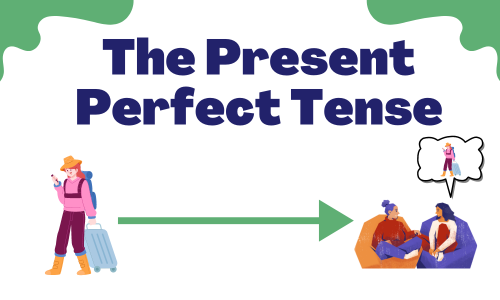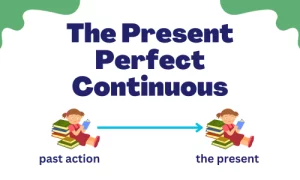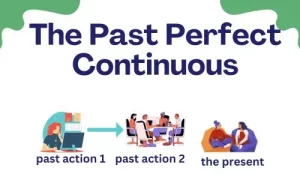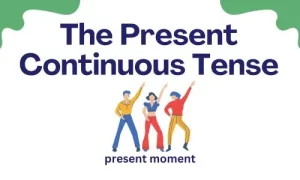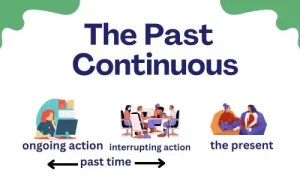Let’s get to the point about the present perfect tense in English. It helps us talk about things that happened before now. We’ll see how to say something happened, how to say it didn’t, and how to ask questions without any fuss.
What is the Present Perfect Tense?
The present perfect tense uses “have” or “has” (depends on who’s talking) and adds the past participle of the main verb. For example, “I have danced” or “She has sung.”
See: The Most Common Irregular Verbs in English
Positive Sentences:
To make a positive sentence, think about something you did before and use the present perfect. “I have tried pizza” means you tasted pizza at some point.
Subject + has/have + past participle
More examples:
They have tried sushi.
He has been to France.
Negative Sentences:
For the negative present perfect, just add “not” after “have” or “has.” “I have not eaten sushi” means you haven’t tried raw fish.
Subject + has/have + not + past participle
More examples:
I have not eaten breakfast.
She has not been to Japan.
Forming Questions:
Turning a sentence into a question is simple. Swap the subject and “have” or “has.” “Have you ever seen a rainbow?” – that’s how you ask.
More examples:
Sentence: She has climbed a mountain before.
Question: Has she climbed a mountain before?
Sentence: They have seen the Eiffel Tower.
Question: Have they seen the Eiffel Tower?
When to Use the Present Perfect Tense:
1. Ongoing Stuff:
– If something started in the past and is still happening, use the present perfect. “I have lived here for five years.”
2. Talking About Life:
– Use it for things you tried or experienced in life. “They have been to Disneyland” means they had the Disneyland experience.
3. Many Actions, No Order:
– If there’s a bunch of actions and you care more about the result, go for the present perfect. “She has read three books” – straightforward!
Related article: English Grammar: Past Perfect Tense Made Easy
Time Words to use in the Present Perfect Tense:
When using the present perfect tense, certain time words or expressions help provide context about when the action occurred. These words typically indicate an indefinite time frame that includes both past and present. Here are some common time words used with the present perfect tense:
1. Ever: Have you ever traveled abroad?
2. Never: I have never met her before.
3. Already: He has already finished his homework.
4. Yet: Have you finished your coffee yet? (used for negatives and questions)
5. Just: She has just arrived.
6. Since: We have known each other since childhood.
7. For: I have lived in this city for five years.
8. Recently: They have recently redecorated their house.
9. Lately: He has been feeling tired lately.
10. In the past few days/weeks/months: We have received many applications in the past few weeks.
These time words help convey the idea that the action took place at an unspecified time before now or within a time frame that extends into the present. They are essential for providing a sense of the duration or recency of the action.
There you go! You’ve got the lowdown on the present perfect tense. The more you use it, the easier it becomes. Now go ahead, have a chat with friends, and connect past events with the present – no fancy stuff needed!
Need to improve your English-speaking skills? Discover Aral Hub’s English lessons that will help you speak confidently in no time!

